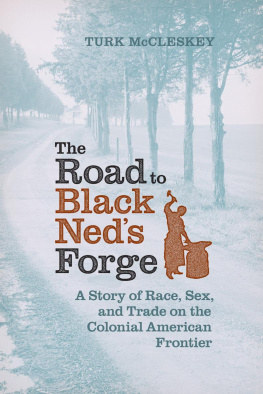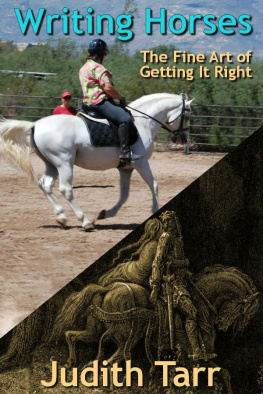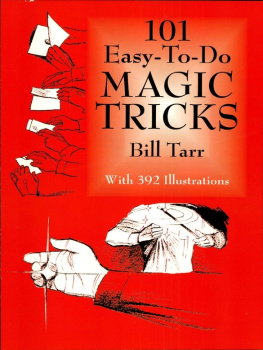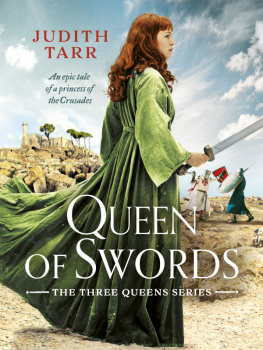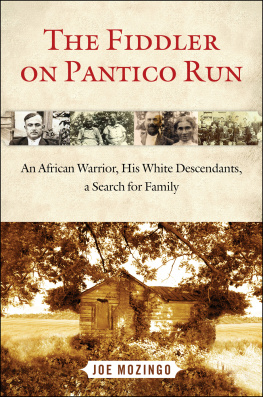Turk McCleskey - The Road to Black Neds Forge: A Story of Race, Sex, and Trade on the Colonial American Frontier
Here you can read online Turk McCleskey - The Road to Black Neds Forge: A Story of Race, Sex, and Trade on the Colonial American Frontier full text of the book (entire story) in english for free. Download pdf and epub, get meaning, cover and reviews about this ebook. year: 2014, publisher: University of Virginia Press, genre: Detective and thriller. Description of the work, (preface) as well as reviews are available. Best literature library LitArk.com created for fans of good reading and offers a wide selection of genres:
Romance novel
Science fiction
Adventure
Detective
Science
History
Home and family
Prose
Art
Politics
Computer
Non-fiction
Religion
Business
Children
Humor
Choose a favorite category and find really read worthwhile books. Enjoy immersion in the world of imagination, feel the emotions of the characters or learn something new for yourself, make an fascinating discovery.
- Book:The Road to Black Neds Forge: A Story of Race, Sex, and Trade on the Colonial American Frontier
- Author:
- Publisher:University of Virginia Press
- Genre:
- Year:2014
- Rating:5 / 5
- Favourites:Add to favourites
- Your mark:
The Road to Black Neds Forge: A Story of Race, Sex, and Trade on the Colonial American Frontier: summary, description and annotation
We offer to read an annotation, description, summary or preface (depends on what the author of the book "The Road to Black Neds Forge: A Story of Race, Sex, and Trade on the Colonial American Frontier" wrote himself). If you haven't found the necessary information about the book — write in the comments, we will try to find it.
In 1752 an enslaved Pennsylvania ironworker named Ned purchased his freedom and moved to Virginia on the upper James River. Taking the name Edward Tarr, he became the first free black landowner west of the Blue Ridge. Tarr established a blacksmith shop on the Great Wagon Road from Philadelphia to the Carolinas and helped found a Presbyterian congregation that exists to this day. Living with him was his white, Scottish wife, and in a twist that will surprise the modern reader, Tarrs neighbors accepted his interracial marriage. It was when a second white woman joined the household that some protested. Tarrs already dramatic story took a perilous turn when the predatory son of his last master, a Charleston merchant, abruptly entered his life in a fraudulent effort to reenslave him. His fate suddenly hinged on his neighbors, who were all that stood between Tarr and a return to the life of a slave.
This remarkable true story serves as a keyhole narrative, unlocking a new, more complex understanding of race relations on the American frontier. The vividly drawn portraits of Tarr and the women with whom he lived, along with a rich set of supporting characters in Pennsylvania, South Carolina, and Virginia, provide fascinating insight into the journey from slavery to freedom, as well as the challenges of establishing frontier societies. The story also sheds light on the colonial merchant class, Indian warfare in southwest Virginia, and slaverys advent west of the Blue Ridge. Contradicting the popular view of settlers in southern Virginia as poor, violent, and transient, this book--with its pathbreaking research and gripping narrative--radically rewrites the history of the colonial backcountry, revealing it to be made up largely of close-knit, rigorously governed communities.
Turk McCleskey: author's other books
Who wrote The Road to Black Neds Forge: A Story of Race, Sex, and Trade on the Colonial American Frontier? Find out the surname, the name of the author of the book and a list of all author's works by series.

